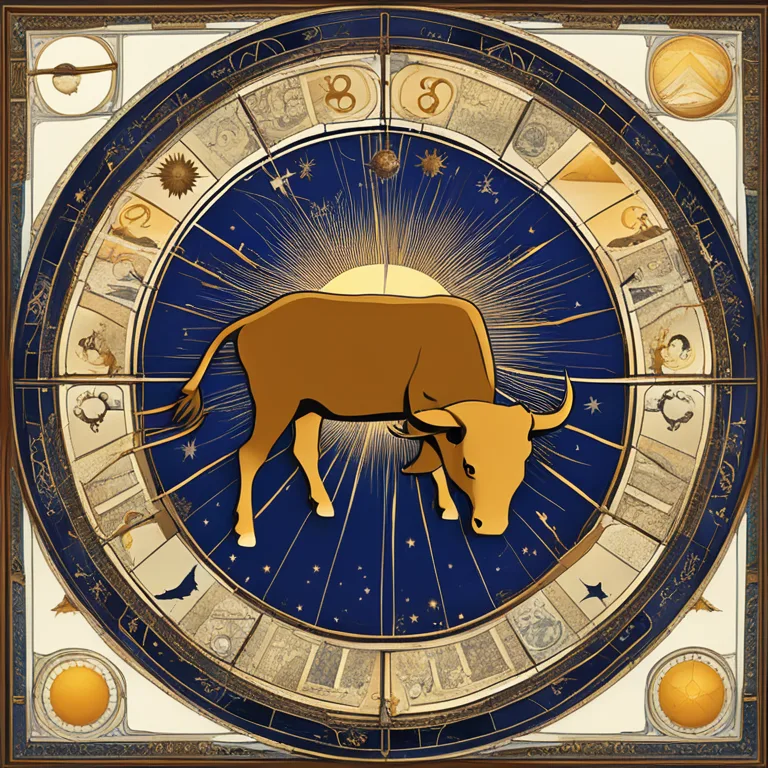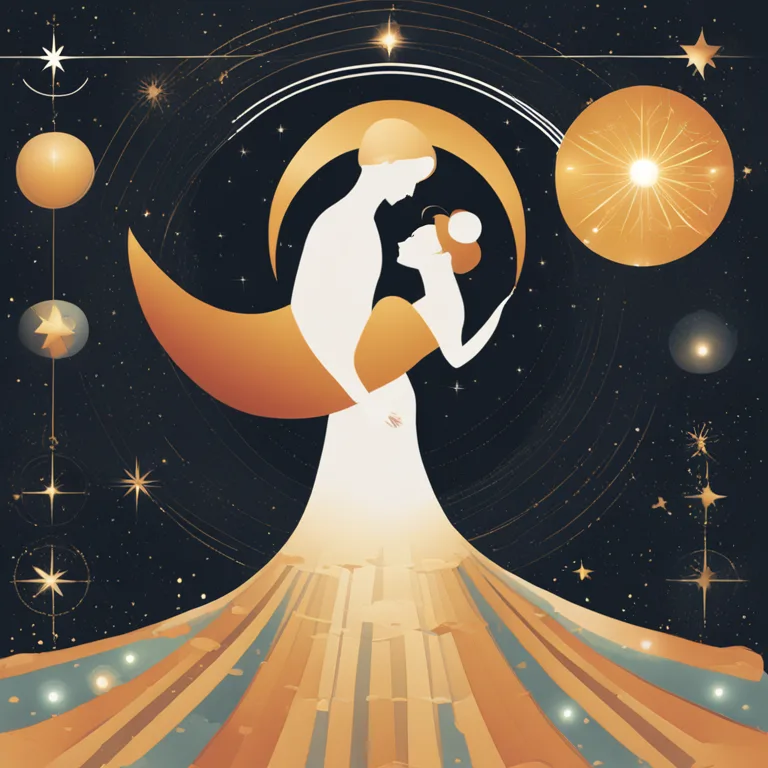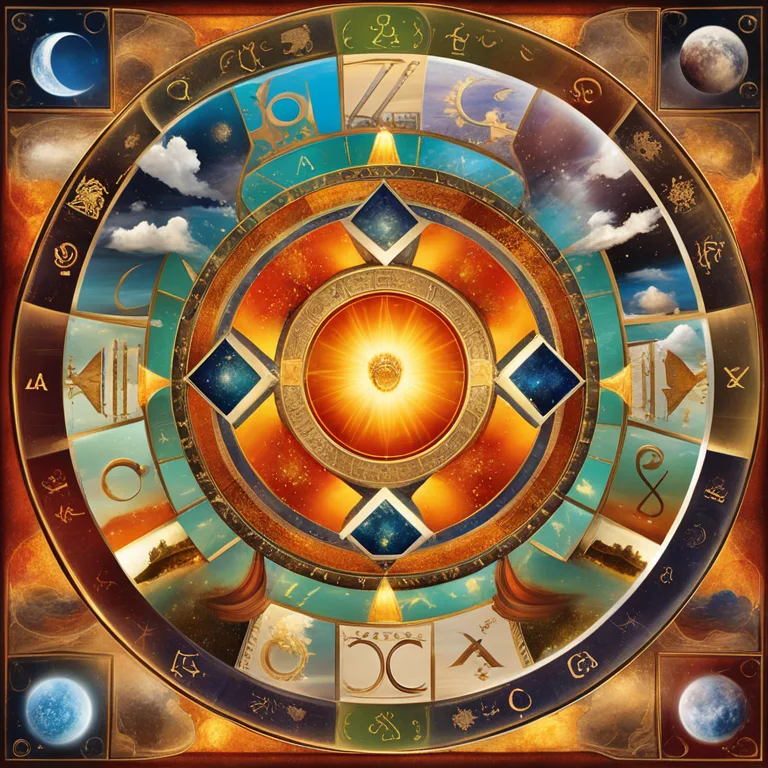
Your Astrological Soulmate: The Stars' Guide
Discover how astrology can guide you to your soulmate by aligning the stars and zodiac compatibility for a love that's written in the heavens.
article by Priya Deshmukh
A Celestial Guide to Love
Astrology has long been used as a roadmap for understanding human behavior, potential, and, intriguingly, our romantic connections. The concept of soulmates—a counterpart with whom one shares a deep spiritual connection—is a tantalizing idea for many. But how can the stars play a role in uniting you with your other half? In this article, we delve into the astrological approach to discovering your soulmate, examining zodiac compatibility and aspects that suggest celestial synergy between two souls.

Zodiac Harmony
Traditional astrology asserts that certain zodiac signs naturally harmonize with others. Elemental compatibility plays a significant role; for instance, fire signs like Aries, Leo, and Sagittarius tend to blend well with air signs such as Gemini, Libra, and Aquarius. Each sign possesses qualities that can either complement or clash with another, and this understanding becomes crucial when questing for your astrological soulmate. We’ll look at how these elemental affinities and sign compatibilities can signal a profound connection.

The Power of the Sun Sign
Your sun sign, which reflects your core essence, is the starting point in soulmate astrology. It’s not just about finding another sign that gets along with yours; it’s about finding a sign that challenges you, complements you, and completes you in various ways. For example, a composed Taurus might find a soulmate in a caring Cancer, while a grounded Virgo might connect deeply with a reliable Capricorn. Yet, the sun sign is only a fragment of the complex astrological puzzle.

Venus and Mars: Planets of Love and Desire
Two of the most significant indicators of romantic compatibility in astrology are the positions of Venus and Mars in your birth chart. Venus governs love, beauty, and what we value, while Mars oversees our desire, passion, and how we assert ourselves. A harmonious alignment between your Venus sign and another person’s Mars sign (or vice versa) can suggest a powerful sexual and romantic chemistry that might denote a soulmate bond.
The Importance of the Moon
In the search for your astrological soulmate, the moon is just as vital as the sun. It reflects our innermost needs, emotions, and innate reactions. For a connection that transcends the superficial, your moon sign should resonate well with a potential partner's. Moon sign compatibility means you both have emotional wavelengths that are in sync, allowing for a deeper and more empathic union.
Aspects Speak Louder Than Signs
Beyond mere sun sign comparisons, astrologers look at aspects—the angles between planets in a person's natal chart—to determine compatibility. Conjunctions (when planets are close together), sextiles (60 degrees apart), and trines (120 degrees apart) are generally harmonious and indicative of easy compatibility. Conversely, squares (90 degrees apart) and oppositions (180 degrees apart) can signal challenge and conflict, yet they often attract and can result in dynamic, if tumultuous, relationships.
Composite Charts and Synastry: Mapping Your Relationship
Synastry is the art of relationship astrology, where two birth charts are compared to evaluate the relationship's potential. A composite chart, created by taking the midpoints between two people's planetary positions, offers insight into the relationship itself, providing a unique birth chart for the partnership. While complex and nuanced, these astrological methods can give you an inkling of whether you've met a soulmate or a learning experience in love.
Published: 12/29/2023
Modified: 12/29/2023
More predictions
Come back here soon to learn more about yourself and your future


Birth Charts: A Beginner's Guide Explored
Delve into the basics of birth charts, the celestial snapshot of your potential. Learn how they influence personality and life in our beginner's guide.


Asteroids & A Birth Chart: Cosmic Insights
Delve into the role of asteroids in astrology and discover how these celestial bodies influence your birth chart and personal journey.


Birth Chart & Predicting Marriage
Discover the potential of birth charts in forecasting matrimonial bliss and partnerships, with a cosmic lens on future commitments.